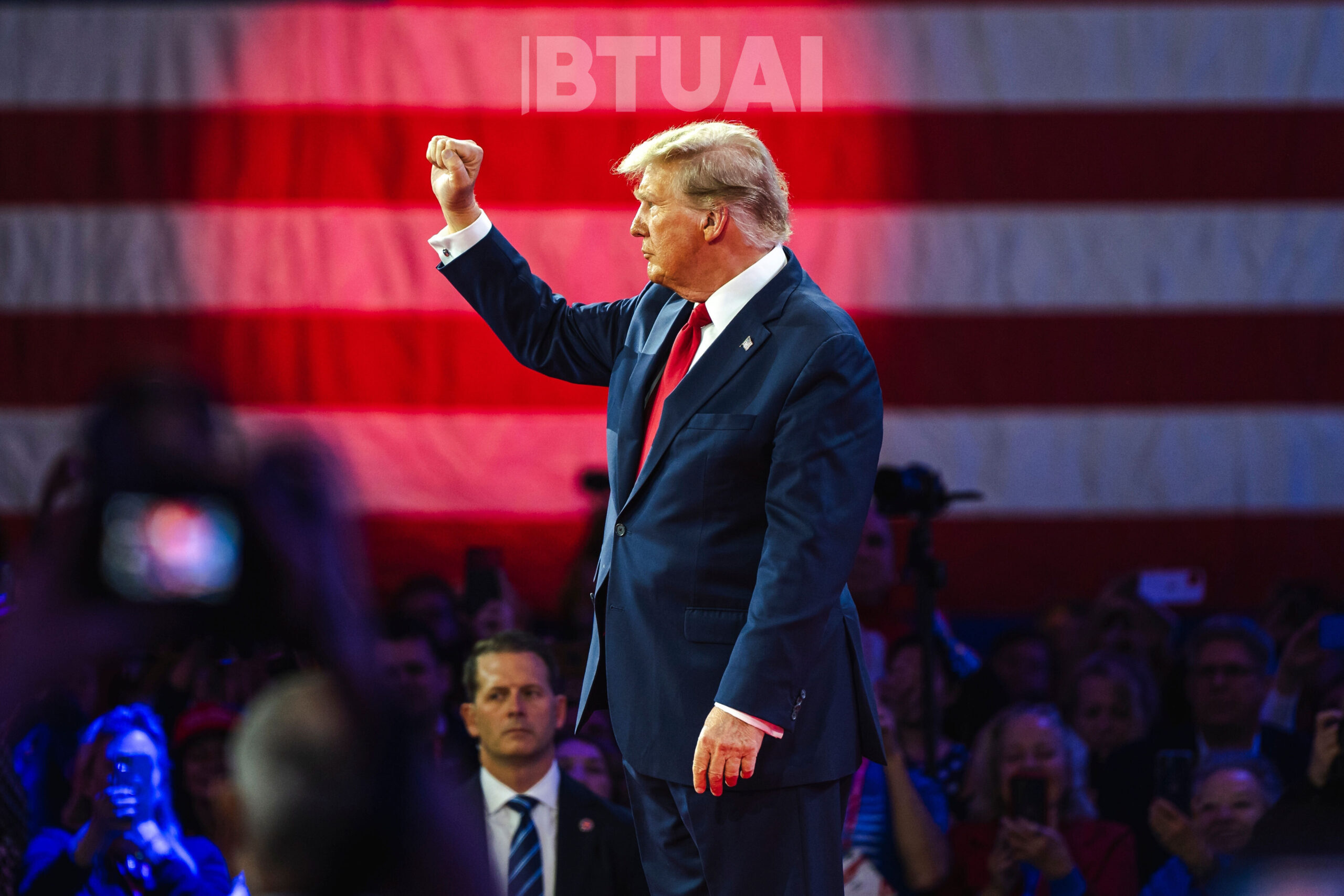Impact of Trump’s Victory on the Economies of the United States and Georgia
Donald Trump’s victory in the 2024 elections will significantly influence the development of the U.S. economy as well as

Donald Trump’s victory in the 2024 elections will significantly influence the development of the U.S. economy as well as the global economy, including Georgia. His economic plans are once again based on increasing tariffs and reducing taxes, which could bring about substantial changes in the U.S. economy and international trade relations in the long term. Investors and analysts are still assessing the potential impact of Trump’s policies on inflation, currency markets, and exchange rates.
One of the key mechanisms in Trump’s economic agenda is the increase in tariffs. During his first presidential term, tariffs did not have a significant impact on inflation; however, this time, Trump plans to impose even higher tariffs on China and other countries. These tariffs could substantially increase the prices of imported goods in the U.S., thereby driving up inflation. The intended increase in tariffs aims to improve the U.S. trade balance, although its effects may vary across different countries, including Georgia.
Currently, Trump is planning to impose 60% tariffs on China and 10-20% tariffs on other countries, which would raise U.S. tariff levels to their highest point since the 1930s. These changes are occurring against the backdrop of vulnerable global supply chains due to geopolitical conflicts and ongoing economic activity. According to an analysis by Morgan Stanley, these tariffs will increase U.S. consumer prices by 0.9%, although this will be a one-time effect, and inflation is expected to return to its general trend in the long term. Importers may also absorb part of the tariffs in their margins, which would alleviate pressure on price increases.
In response to rising tariffs, the U.S. dollar could strengthen, partially offsetting the increase in the cost of imported goods. Moreover, it is important to note that Trump’s tariff hikes could serve as a negotiation strategy aimed at reducing tariffs imposed by other countries, which could result in a smaller increase in tariffs than initially planned.
Another fundamental mechanism in Trump’s plan to stimulate the economy involves reducing taxes. His objective is to reduce taxes for businesses and individuals, thereby promoting economic growth and entrepreneurial activity. Certain provisions of the 2017 tax law, which offered relief for individuals and small businesses, are set to expire in 2025, and Trump and the Republicans prioritize extending this legislation. Meanwhile, Trump’s other plans include reducing corporate tax rates, exempting social security benefits and overtime pay from taxation, which would add an additional $4 trillion to the deficit over the next decade.
Tax cuts could provide a certain level of economic stimulus, but at the same time, they could lead to an increased deficit and pressure on interest rates. According to Deutsche Bank’s projections, under unified Republican control, economic growth will increase by 0.5% in 2025 and by 0.4% in 2026 if no additional tariffs are introduced. However, with 60% tariffs on China and 10% on other countries, the overall effect on economic growth could be negative.
The long-term impact of Trump’s tax plans also encompasses U.S. financial stability. According to JP Morgan’s assessment, the current treasury issuance schedule is sufficient to finance the deficit for the upcoming year, but without extending tax relief measures, there will be a shortfall of $3.3 trillion between 2026 and 2029. Consequently, new issuance will increase pressure on interest rates, ultimately resulting in higher yields.
Trump’s economic plans also include regulatory easing, which boosts business confidence and fosters the growth of the manufacturing sector. However, the overall economic consequences could be difficult to predict, particularly given factors such as global oil prices, which are heavily influenced by OPEC’s decisions and geopolitical dynamics. Trump’s plan to deport undocumented immigrants could have a marginal impact on wages and prices, but given the overall size of the labor market, this effect is likely to be negligible.
Trump’s economic policy is not solely focused on economic growth; it also aims to reduce the U.S. dependence on China and create jobs in the manufacturing sector. “Globalization leads to destruction, dislocation, and obliteration,” writes Robert Lighthizer, Trump’s former trade ambassador, who is likely to return in a second term. Trump’s economic goals are not confined to GDP and inflation metrics but also encompass improving social fabric and family conditions.
For Georgia, Trump’s victory could bring both opportunities and risks. Firstly, Trump’s trade policy is aimed at strengthening U.S. industrial production and reducing dependence on China. This, in turn, gives Georgia an opportunity to establish new partnerships and increase exports to the U.S. market, particularly in sectors that are not directly affected by tariffs and are encouraged under Trump’s agenda.
On the other hand, Trump’s policy, which aims to reduce foreign immigration and concentrate on the local labor market in the U.S., could affect Georgia’s labor migration opportunities. If U.S. economic growth continues, Georgian labor migrants may be less inclined to seek work in the U.S., which could reduce the volume of remittances to Georgia and thereby diminish the positive impact on the country’s economy.
Donald Trump’s economic agenda includes high tariffs and tax reductions, which could have a significant effect on both the U.S. and the global economy. Increased tariffs may drive inflation and complicate international trade relations, yet, at the same time, they may create new trade opportunities for countries like Georgia. Despite the growing budget deficit, tax cuts will stimulate economic activity and business. For Georgia, these changes present both opportunities and risks. Changes in the global trade network could pose a challenge, yet new trade and investment opportunities may also open up. It is important for the Georgian government and businesses to develop strategies that ensure adaptation to this new reality to maximize benefits and minimize risks.




